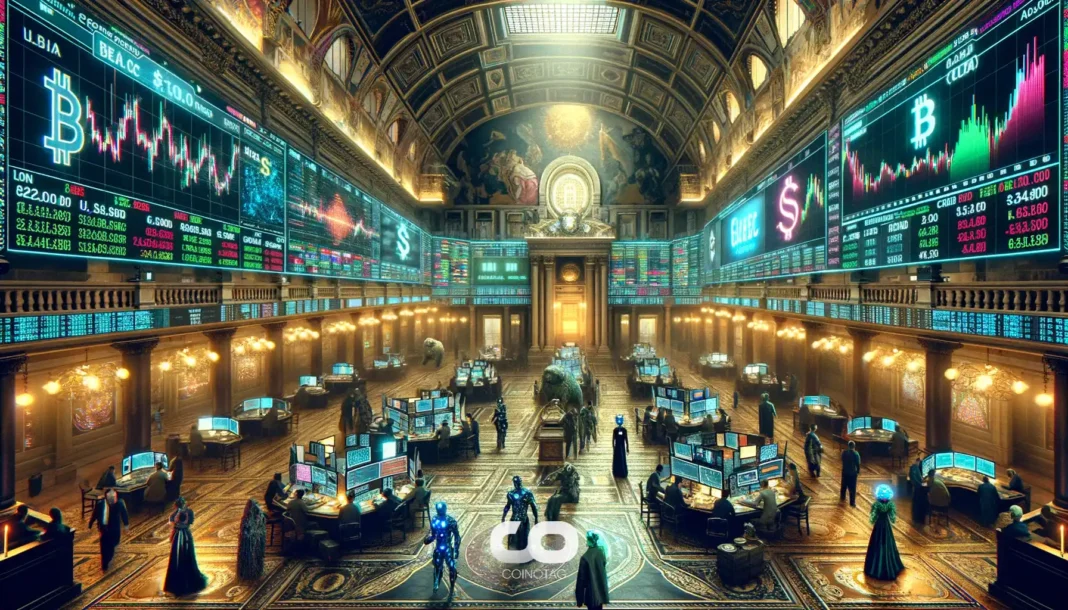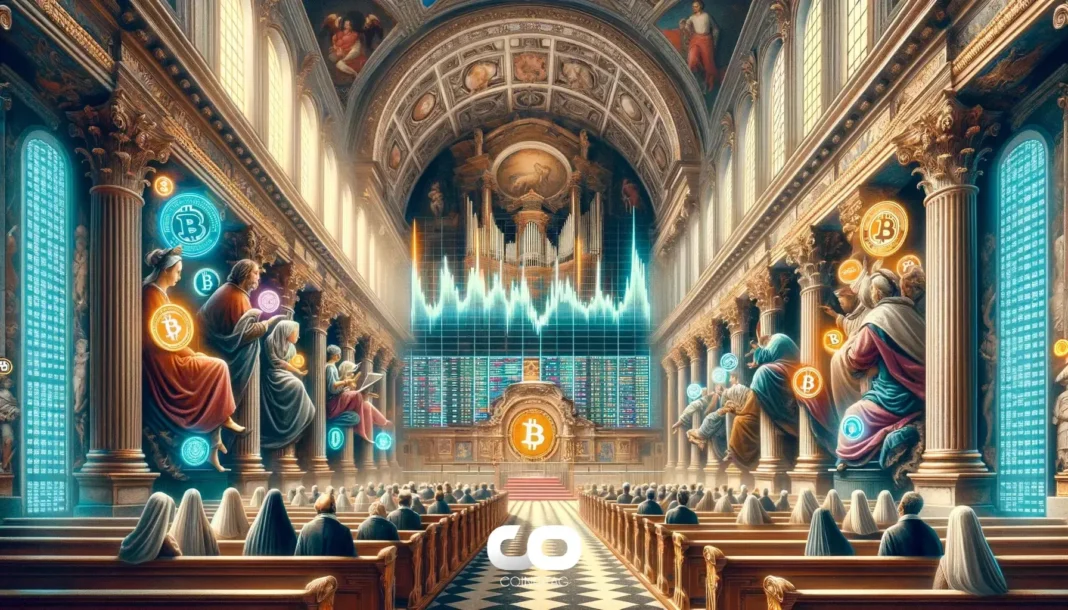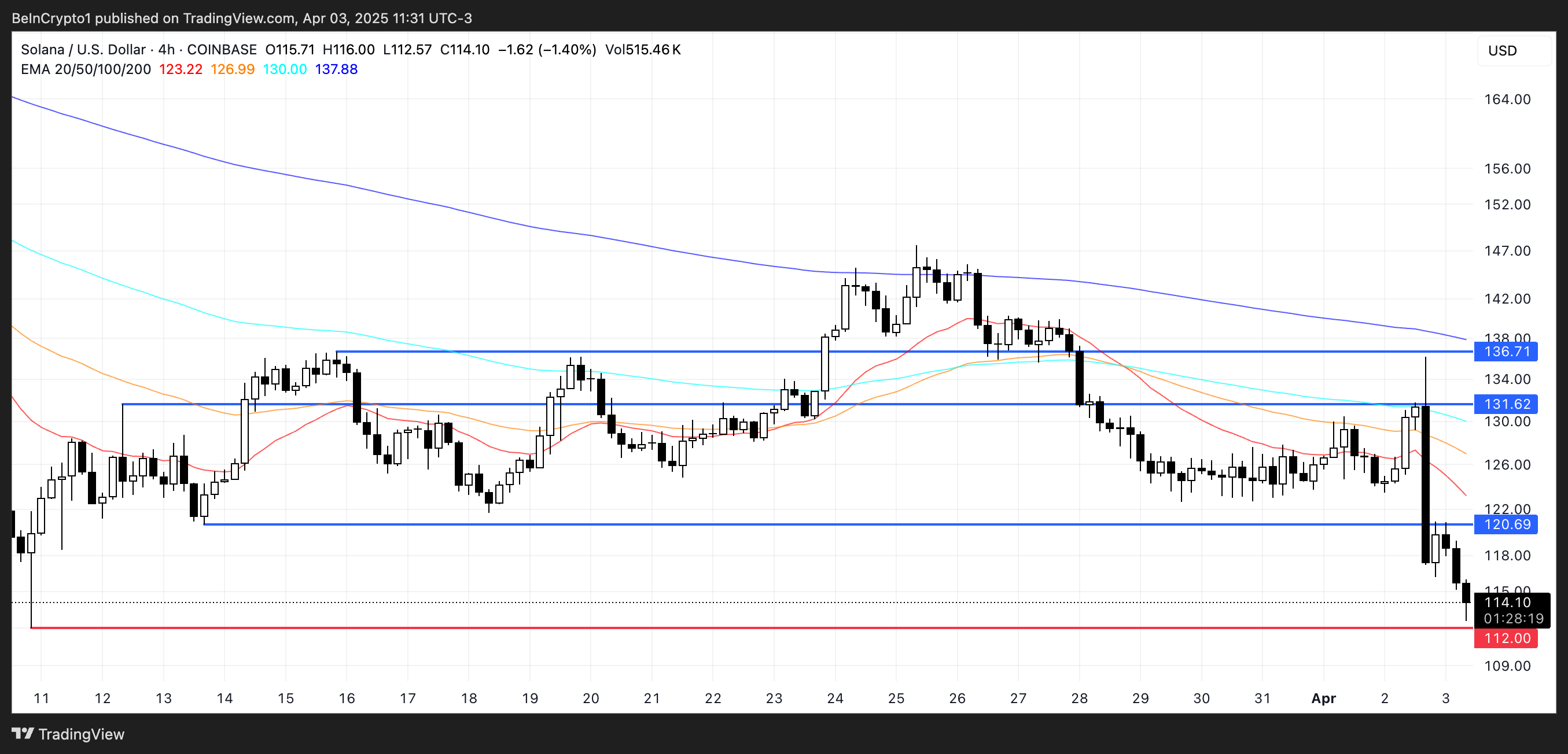100% increase in 5 days: From the CTO debate in the Slerf community to see the opportunities and current challenges of MEME project development
Author: @Web3 Mario
Abstract: Its been a long time since we last met. Ive taken a break to relax my body and mind. Ill continue to learn and share. Recently, the market has been dominated by the Chinese stock market. The crypto world has not met expectations before the rate cut and seems a bit quiet. However, there is one event that caught my attention. Its a classic MEME on Solana, Slerf, which is a sloth-like image. It is currently undergoing a CTO (Community Take Over) competition initiated by a Slerf community opinion leader in the Chinese area. As a result, the price of Slerf has also doubled rapidly in 5 days. Since I have not had enough understanding and thinking about MEME before, I think this event is a good opportunity to learn. After studying for a while, I have some experience and hope to share and discuss with you.
From a phenomenal MEME to being questioned by the community, what has Slerf experienced?
First, let’s briefly review the Slerf project. This is a MEME coin with a sloth as the main image, which was released on Solana by grumpy@youlovegrumpy in March 2024. At that time, the market was affected by the strong wealth effect of the phenomenal project BOME, which led to the popularity of a group of MEMEs with pre-sales and fair launches as core selling points. Slerf is one of them. It is agreed that 50% of the total tokens will be used for pre-sales, and after the pre-sales are successful, all sales proceeds and the other 50% will be injected into DEX to provide liquidity for the corresponding trading pairs and give up the ownership of this part of liquidity. During its pre-sale phase, it quickly raised about $10 million of SOL at a price of about $0.02. However, during the TGE, due to the developers operational error, the minting rights of Slerf tokens were abandoned before providing liquidity and giving up ownership, and before completing the issuance of the pre-sale Slerf. As a result, all users who participated in the pre-sale were unable to obtain the corresponding Slerf, and because the pre-sale proceeds had been locked in the liquidity pool, they could not be refunded.
With this event, Slerf received a lot of attention in a short period of time. On the one hand, the project was equivalent to creating a MEME Coin with a value bottom of $0.02 and no circulation, which means that as long as you enter early enough, your holding cost is the lowest, which is determined by the Bonding Curve of DEX. As a result, it caused FOMO for a large number of users. The price of slerf was $0.02 at the beginning of the opening, and once rose to $1.2, an increase of nearly 60 times. On the other hand, the impact of this event covered a wide range of pre-sale participants, and the potential for subsequent traffic capture was huge, which quickly attracted the attention and support of various institutions or projects. Many institutions or big Vs have used the method of helping to compensate pre-sale participants to attract traffic, including exchanges and many star projects.

Later, relying on the huge traffic, Slerf also began to donate to compensate pre-sale participants. The event was also hosted by the exchange LBank, so I think the entire fundraising and repayment process should be fair. In addition, Slerf also raised repayment funds by issuing new NFTs, and a total of 36,180 Sols were raised through this event.

As of September 9, 2024, according to the public data of the official X account, there are a total of 25,444 addresses participating in the pre-sale, with a total pre-sale of 53,377 SOLs, 25,194 addresses have been repaid, with a total of 40,940 SOLs, and the remaining 250 addresses, with a total of 12,437 SOLs owed, need to be raised again, with an average of about 60 SOLs per address. This means that the entire repayment plan should be prioritized over small participants. But there is also a problem, that is, when most of the small participants are compensated, the legal risks faced by the founding team will be released as the scope of influence is reduced, which means that their willingness to repay and their efforts will be significantly reduced. Claims by large participants will become increasingly difficult. And as attention continues to flow away, Slerf holders will have to face the loss of currency prices caused by the lack of new buying funds.

The CTO recently initiated by BillyWen@billywen_, a Chinese opinion leader in the Slerf community, is also a response to this reality. For Billy, his fans prefer to call him Fengjingge. I am not very clear about the origins of each, but after research, the main factors that can gain great influence in the Slerf community are as follows: first, he is a giant whale with 5 million Slerf holdings (of course, it may also be held by the token fund behind it), and claims that he did not sell during the price drop; second, in the Slerf donation activity, the cumulative donations reached 6778 SOLs, with a market value of about $1 million. This data is indeed verified from the on-chain data. Therefore, it is appropriate to say that BillyWen is a key opinion leader in the Slerf community with a high degree of recognition and participation in Slerf.

The so-called CTO, the full name is Community Take Over, which means community takeover. This mechanism is mainly to cope with the fact that with the popularity of some MEME Launchpads, the issuance cost of MEME has been greatly reduced. There are also many cases of rugs, that is, the creation team quickly sells tokens and suspends operations after completing the pre-sale, or even directly rugs. However, there are some projects that the community still has hope and recognition for, and at this time there will be initiators who hope to take over the project and restart it. This process is CTO. Unlike DeFi projects, since most MEMEs do not have the need for on-chain management, the most critical part of the entire CTO process is the takeover of its most valuable social media accounts. Take Slerf as an example, its official X account has as many as 166,000 followers. Billy also described in the content released on October 12 that after communicating with the official team of Slerf about the CTO being seized, it will initiate FCTO, that is, CTO competition, and said that it will donate another $1 million for the operation of the CTO team. The specific details of the implementation are not disclosed much now, but this has undoubtedly resonated with the Slerf community and supported by relevant investors. The price of Slerf has also quickly risen from $0.14 to $0.24.

After being silent for a long time, Slerf officials also seemed to respond to this incident with a meaningful message. This is to illustrate its efforts in the past period of time. However, the community does not seem to approve of its three past actions, namely, its founder Grumpy issued new MEME or encryption projects (specifically $CUFF, $MEMECHAN and $OODLES. The prices have also suffered a substantial retracement) and used Slerfs influence to promote them, and finally made a profit. However, the profits were not used to compensate and build Slerf. The community believes that this is a betrayal.

The above is a brief review of the ins and outs of the Slerf incident. Regardless of how the incident goes, I think it is an attempt worthy of attention, which will have a significant impact on the operating paradigm of MEME projects. At the same time, I also tried to abstract some observations on the MEME track, hoping to discuss with you.
Opportunities and current challenges for the development of MEME projects
The entire observation revolves around two aspects. The first is to explore the deep reasons behind the smooth development of the MEME track. I think there are three main aspects:
1. Fair launch brings equal opportunities, and the risk and return comparison of various types of secondary market investors is more reasonable for VC coins: We know that the traditional VC coins are criticized for the fact that many VCs can use their influence to obtain cheaper chips in the primary market before the Token is listed and circulated, which puts many secondary market participants at a disadvantage in terms of holding costs. Of course, this model is also relatively normal in the traditional financial world. However, in the Crypto track, due to the lack of a complete regulatory policy for primary market transactions, it is easier for its traders to obtain convenience. All of these will be transformed into risks for secondary market traders invisibly. The benefit of a fair launch is that for secondary market investors, opportunities are equal, risk and return are relatively balanced, and whales have high potential benefits. However, due to the huge principal, the transaction wear and tear of opening and clearing positions, or slippage, will also be relatively large. Although retail investors have low potential returns, they have a small amount of funds, are more flexible in buying and selling, and are sensitive to market opportunities. If they do a good job of trading in the market, the rate of return is also very objective.
2. Low cold start cost of the product: Due to the existence of a large number of launch platforms, the development cost of the product itself is very low, and professional teams have the ability to industrialize mass production with low risk. In addition, the project operation method is similar to NFT, which is also conducive to attracting teams and users who migrate as the NFT track becomes deserted.
3. The track valuation model has not formed a fixed pattern: Unlike many practical or securities projects, MEME products are difficult to form a definite paradigm in valuation due to their cultural attributes. Therefore, they are not easily restricted by the price-to-earnings ratio, price fluctuations are elastic, holding costs are more evenly distributed, and trading is more active.
Combined with Slerfs CTO incident, I think the current MEME track also has the following challenges:
1. How to create sufficient and continuous incentives for MEME founders to ensure their long-termism: The actual operators of most MEME projects are the founding teams. However, for fair launch projects, the long-term benefits of the founding teams do not seem to be very clear. In addition to potential traffic and brand value, due to the lack of pre-allocation of team portions, even if the tokens increase significantly, the founding teams cannot benefit from it in the short term, and all pre-sale funds are used to provide liquidity. If this requirement is appropriately relaxed, such as allocating a certain team ratio, it may significantly affect the enthusiasm of traders to participate. After all, the startup cost of MEME is really low.
2. Is there a better MEME project governance paradigm to help the project better cope with the increasingly diluted liquidity trend: The rapid emergence of a large number of similar projects will dilute the liquidity of a popular MEME, which means that the maintenance cost of the MEME project is higher than that of other tracks. And because of the low threshold for startup, the founding team may not even have strong marketing or commercialization capabilities, which is not enough to support the long-term development of the project. This places higher demands on the actual operators of the project. At this time, the current MEME market has not seen a good governance paradigm to solve this problem, and the CTO seems to have proposed it for this purpose. However, since the core asset of MEME is the traffic value and the on-chain part is relatively small, traditional DAO governance tools do not seem to be able to solve the trusted migration process of related resources.
3. Assuming that the dominance of the MEME project can be switched, then who should take the lead is also an interesting question, is it the founding team, the giant whale, or the DAO distributed governance? We have already discussed the founding team, so the giant whale’s dominance may also have some problems. Considering that for the giant whale, the core benefit is still focused on speculative gains. This zero-sum game will put the operator in an antagonistic relationship with other users. At that time, relying on good news and chip advantages, the operator will face a great temptation to sell for profit, which seems to face some risks for other participants. And DAO distributed governance is obviously a problem of execution efficiency.
Disclaimer: The content of this article solely reflects the author's opinion and does not represent the platform in any capacity. This article is not intended to serve as a reference for making investment decisions.
You may also like
XRP Sees Downward Pressure Amid $1.02B Token Unlock and Significant Decline in Network Activity

Wormhole Faces Market Indecision as Breakout Attempts Near Key Resistance Level

Solana Faces Continued Bearish Pressure, Eyes $112 Support as Selling Intensifies

XRP’s Retail Interest Surges Amidst Caution Over Potential Volatility Compared to Bitcoin

